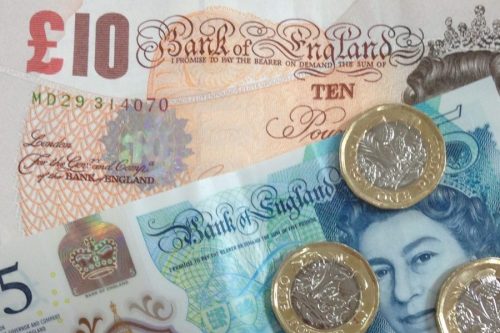UK on brink of official recession after economy shrank in the summer

The UK economy moved closer to having official confirmation of being in a recession after the latest GDP figures, for the quarter to September, showed a 0.2% contraction.
Manufacturing and retail were badly hit – signs that both businesses and consumers are reining in spending.
A recession is typically defined as two consecutive quarters of negative growth.
Data from the Office for National Statistics estimated a 0.6% drop in September itself, although highlighted the impact of the bank holiday for the Queen’s funeral.
Chancellor Jeremy Hunt will deliver the Government’s Autumn Statement on Thursday as he attempts to respond to the global economic conditions and repair the damage to the domestic economy of the impact of Liz Truss and Kwasi Kwarteng’s mini-Budget.
Responding to the latest GDP figures, Hunt said: “I am under no illusion that there is a tough road ahead – one which will require extremely difficult decisions to restore confidence and economic stability. But to achieve long-term, sustainable growth, we need to grip inflation, balance the books and get debt falling. There is no other way.
“While the world economy faces extreme turbulence, the fundamental resilience of the British economy is cause for optimism in the long run.”
The UK economy does not start from a strong position with the ONS estimating the level of quarterly GDP to now be 0.4% below its pre-Covid level.
The Bank of England has forecast a long recession and earlier this month said the UK will “remain in recession throughout 2023 and 2024 H1, and GDP is expected to recover only gradually thereafter”.
However the 0.2% contraction in the third quarter was less severe than expected, with the Bank having previously forecast a 0.5% drop to be followed by a 0.3% fall in the final quarter of 2022.
ONS director of economic statistics Darren Morgan said: “With September showing a notable fall partly due to the effects of the additional bank holiday for the Queen’s funeral, overall the economy shrank slightly in the third quarter.
“The quarterly fall was driven by manufacturing, which saw widespread declines across most industries.
“Services were flat overall, but consumer-facing industries fared badly, with a notable fall in retail.”








